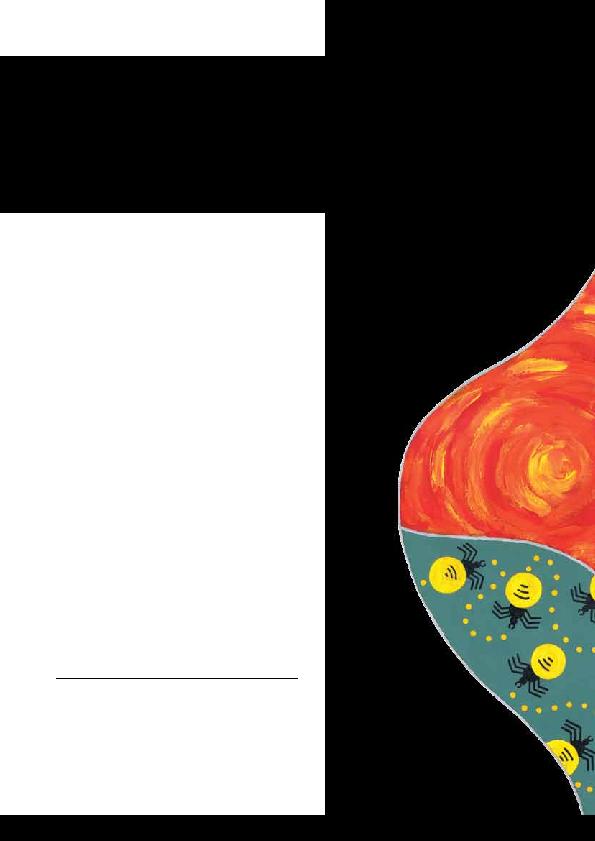
Consequences of lack of diversionary
and post-release options
drivers of increasing imprisonment jeopardises
the human rights of Koori women, their children,
and communities.
release support compared to men offends the
right to equality before the law.
eliminate discrimination contained in section 15
of the Equal Opportunity Act.
appropriate interventions before, during and
after prison creates avoidable economic costs to
the Victorian community.
scheme.
Community Corrections Order.
dependence outside prison is the same as five
days imprisonment.
Of those entering prison in 2012. Koori Justice Unit,
above n 8.
Based on Wulgunggo Ngalu Learning Place for Koori
men. Annual cost of $47,750 compared to $123,370.
Annual cost of $9,855 compared to $114,832.
The capital cost is $52 per day. National Indigenous
Drug and Alcohol Committee, Prison vs Residential
Treatment: An economic analysis for Aboriginal
and Torres Strait Islanders (Research Paper No 24,
Australian National Council on Drugs, 2013) 49.